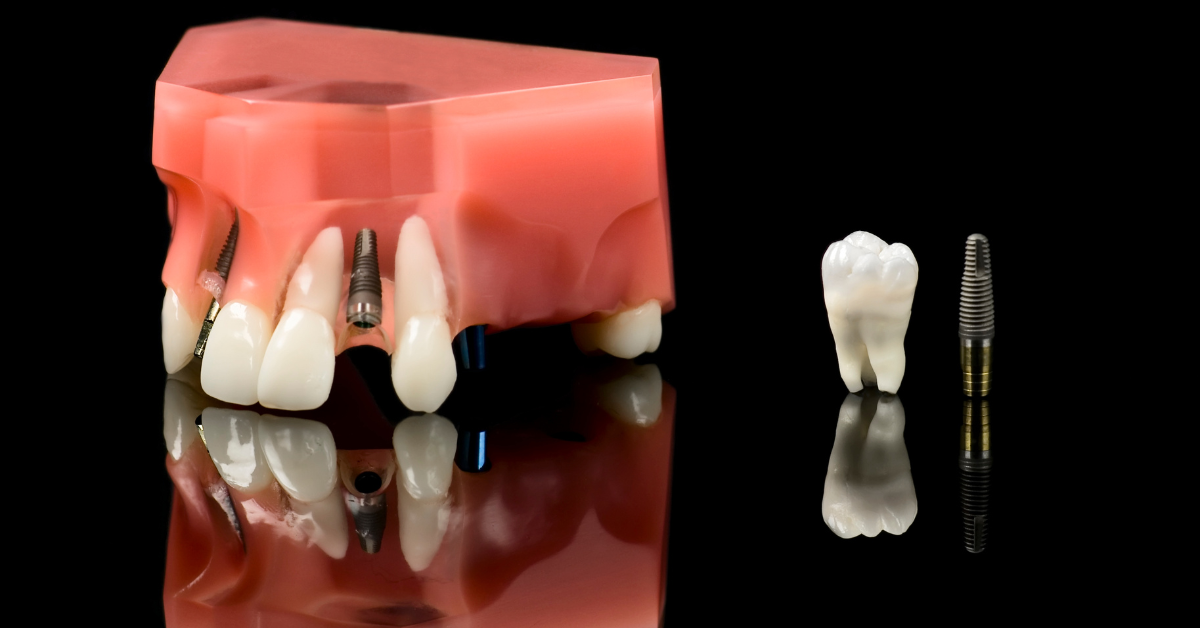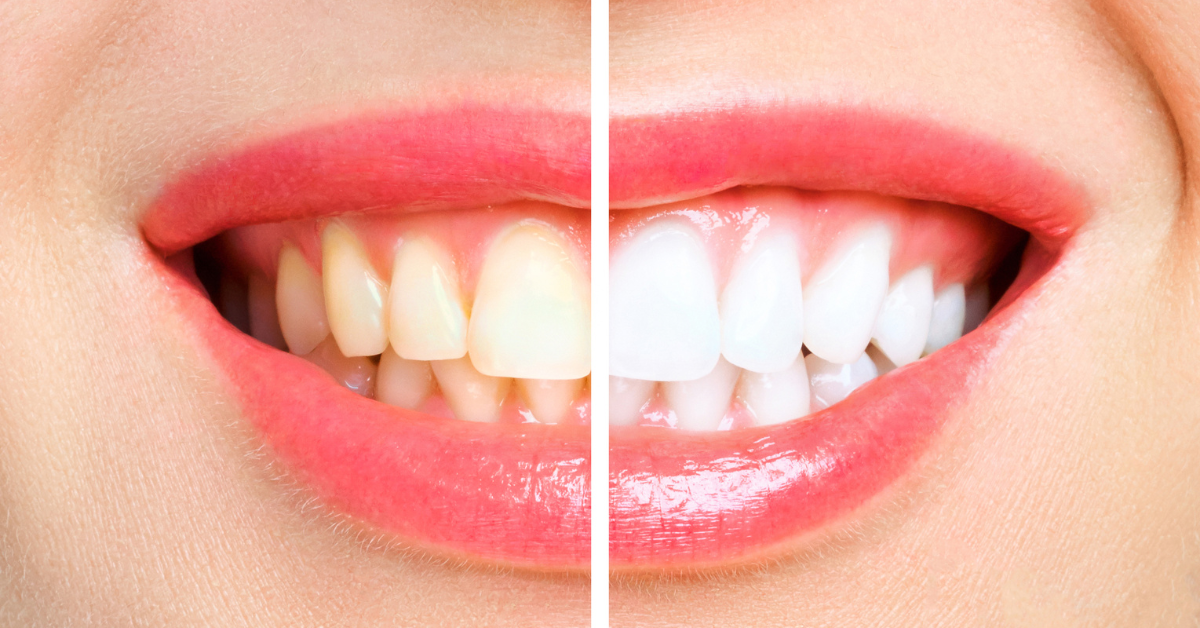Dental extractions, also known as tooth removals, are surgical procedures that involve removing a tooth from its socket in the jawbone. While this procedure is sometimes necessary to preserve oral health, it can leave a gap in the smile, potentially affecting chewing function, aesthetics, and overall confidence. Dental implants have emerged as a popular and effective solution to replace missing teeth, but the question arises whether they are always necessary after every extraction.
Benefits of Dental Implants
Dental implants offer several advantages over other tooth replacement options, including:
-
Permanent Solution: Dental implants are considered a permanent solution for tooth replacement, as they fuse with the jawbone, providing a stable and durable foundation for the replacement tooth.
-
Natural Appearance: Dental implants closely resemble natural teeth in both appearance and function, restoring a natural-looking smile.
-
Preserved Bone Health: Dental implants stimulate the jawbone, preventing bone loss that can occur after tooth extraction.
-
Improved Oral Health: Dental implants allow for proper oral hygiene maintenance, reducing the risk of gum disease and other oral health problems.
Alternatives to Dental Implants
While dental implants offer numerous benefits, they are not always the only option for replacing missing teeth. Alternatives include:
-
Dental Bridges: Dental bridges are anchored to the surrounding teeth, filling the gap left by the missing tooth. They are a less invasive option than implants but may require the preparation of adjacent teeth.
-
Partial Dentures: Partial dentures are removable appliances that replace multiple missing teeth. They are a more affordable option but may not provide the same level of stability and comfort as implants.
Factors Determining the Need for Implants
The decision of whether or not to get dental implants after an extraction depends on several factors, including:
-
Location of the Missing Tooth: If the missing tooth is located in a visible area of the smile, dental implants may be recommended for aesthetic reasons.
-
Jawbone Health: Adequate jawbone density is essential for successful implant placement. If the jawbone is too thin or weak, bone grafting may be necessary before implant placement.
-
Overall Oral Health: Good oral health is crucial for successful implant treatment. Gum disease, tooth decay, or other oral health problems may need to be addressed before implant placement.
-
Patient’s Preferences and Budget: Dental implants are a more expensive option compared to other tooth replacement methods. Patients should consider their budget and preferences when making a decision.
Consulting with a Dentist
Consulting with an experienced dentist is essential to determine the best course of treatment following dental extraction. They will assess your individual needs, evaluate your oral health, and discuss the various tooth replacement options available. Together, you can make an informed decision about whether dental implants are the right choice for you.
Conclusion
Dental implants offer a long-lasting and natural-looking solution for tooth replacement, providing numerous benefits for both oral health and overall well-being. However, they are not always the only option, and alternatives such as dental bridges and partial dentures may be suitable for certain individuals. Consulting with a dentist is crucial to determine the best course of treatment based on your specific needs and preferences. Please find the dental office near you in these locations: Attleboro, Chelmsford, Hyde Park, Jamaica Plain, Lynn, Manchester, Methuen, Roslindale, Taunton.




